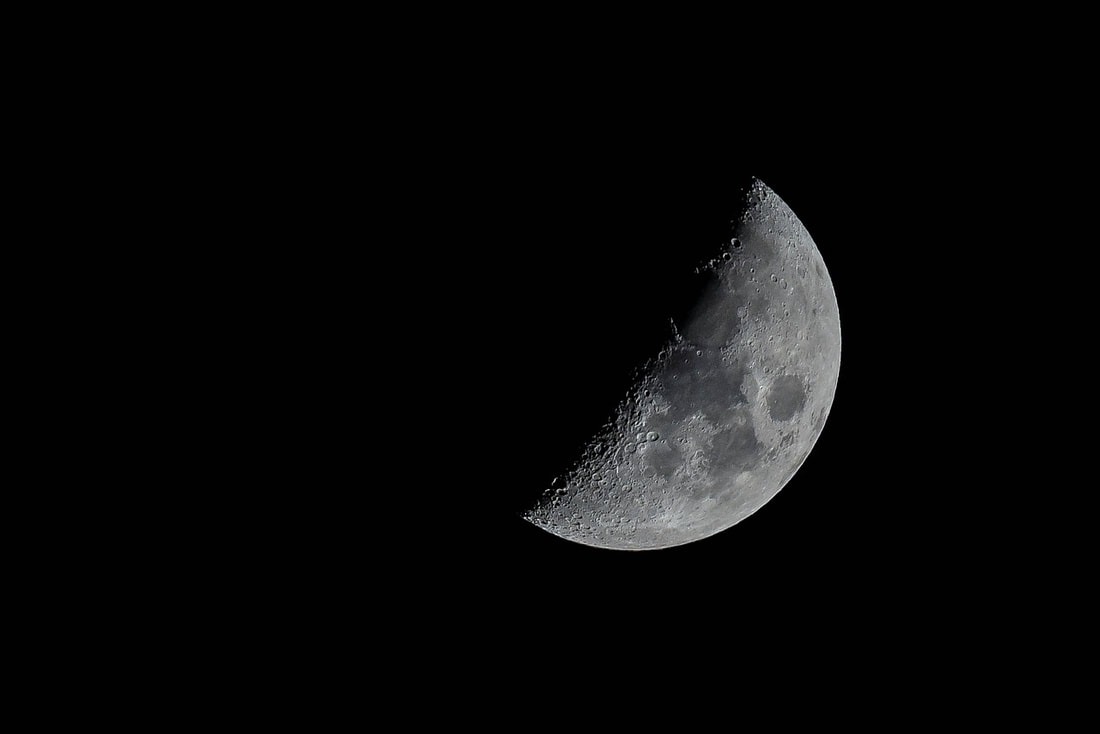|
During the COVID-19 lockdown, many people have been turning to the night skies for entertainment! And they have delivered. The many clear nights have provided plentiful opportunities to spot everything from space stations to supermoons, as well as all 5 of the bright planets. John Daly, the tutor on the Astronomy adult education night course at Malahide Community School, wrote the following piece to help get you hooked on the simple, yet rewarding, activity of astronomy. Why Astronomy?Down through the ages, humanity has been captivated by the glory of night sky. It has always invoked a sense of wonder, curiosity and awe. “What are we looking at? How far away are these twinkling and shimmering stars? Is there life, even intelligent life, out there?” The study of astronomy holds the key to unlocking many of these amazing mysteries and the good news is that it need not, in any way, be an arduous undertaking. Many online courses, as well as courses in adult education settings, are now available for those wishing to take their first tentative steps in this exciting subject. Generally, no prior knowledge at all is required, only an interest and a willingness to learn! And nothing more than a pair of basic binoculars need assist you in your adventure! Beyond the surly bonds of EarthWe now live in a golden age for studying all that lies beyond "the surly bonds of Earth". Amazing discoveries have helped answer many of the intriguing questions posed by our ancestors. We now know, for example, that all of those shimmering stars are, in fact, distant suns and that most of them have their own families of planets orbiting them, as in the case of our own solar system. In fact, we know of almost 4,000 of these distant extrasolar planets! We also now know that many of the stars we see in the night sky are actually no longer there! Many have “winked out“, or blown themselves apart, but any evidence of their demise has not yet reached us, because of their unimaginably massive distance from us. So, when we admire the stars, we are in many cases gazing at ghosts! What to look out for this summerAnd it’s not only the stars that hold fascination for us. In the course of a year, the other planets in our solar system grace our night sky for months at a time. Indeed, this month of June sees the arrival of two of the most fascinating objects for our attention: Jupiter and Saturn. The former always comes accompanied by its four Galilean moons, easily glimpsed in the aforementioned pair of binoculars and Saturn arrives later in the month with its incomparable ring system. And before summer ends, in August we have the spectacular display of the annual Perseid meteor shower to dazzle us! Want to learn more?Star gazing is, in itself, a wonderful and uplifting activity, but when accompanied by the knowledge and understanding that astronomy provides, it can be simply captivating! So why not sign up for that next Beginners’ Course in Astronomy that you see advertised? Remember, the sky’s the limit!
0 Comments
Your comment will be posted after it is approved.
Leave a Reply. |





